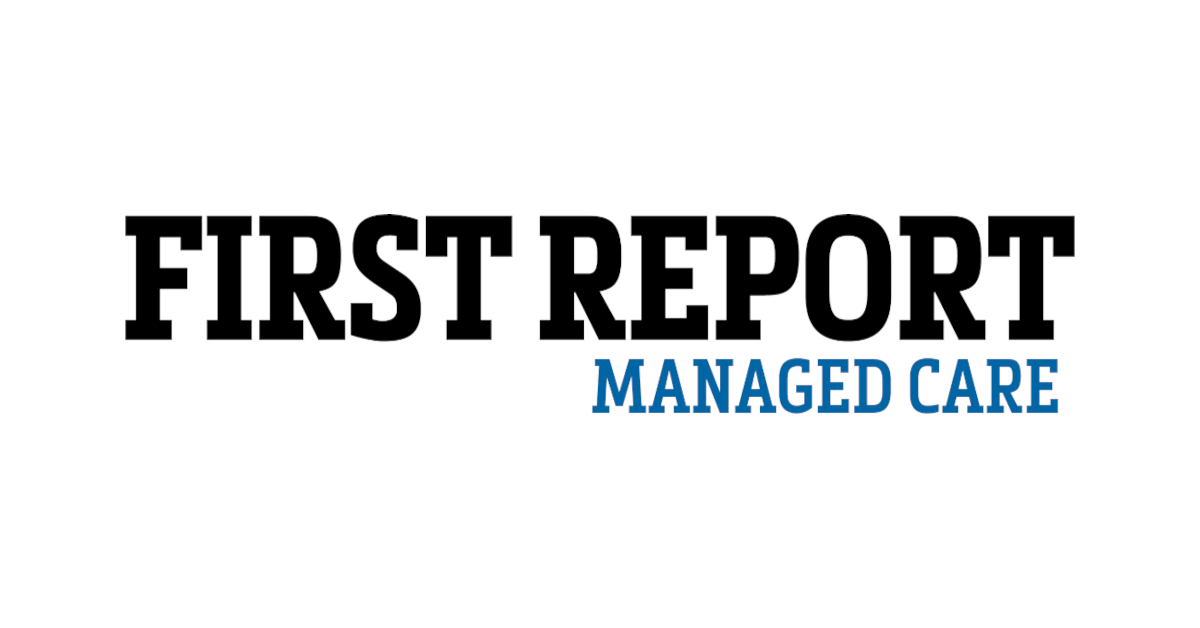In mid-September, the US House of Representatives passed a bill to accelerate patient access to care by streamlining the prior authorization (PA) process. The Improving Seniors’ Timely Access to Care Act mandates the adoption of electronic PA for Medicare Advantage (MA) plans and requires plans to offer greater transparency regarding their policies, approval rates, and rationale for denied requests.
The act has tremendous bipartisan momentum and has drawn the vocal support of dozens of national, high-profile health care advocacy organizations, including the American Medical Association (AMA) and the American Academy of Orthopedic Surgeons (AAOS). If the bill passes through the Senate as expected, it would then be codified into law by the Centers for Medicare & Medicaid Services (CMS), potentially as early as 2023.
Back in December 2020, CMS released an Interoperability and Prior Authorization proposed rule that would require Medicaid payers and qualified health plans to reduce the amount of time providers must wait for a decision on PA requests. The rule proposed a maximum 72-hour limit for urgent requests, and 7 days for nonemergency requests. While the rule never became active, CMS is currently focused on implementing new regulations for PA. The potential passage of the Improving Seniors’ Timely Access to Care Act will certainly reignite PA reform in the regulatory realm.
The push for electronic PA and application programming interfaces (APIs) to streamline data exchange indicates that CMS views the infrastructure underlying utilization management as critically important for health care transformation. By increasing automation and data-sharing across payers and providers, any new regulations will set the stage for a more comprehensive utilization management process that includes true care coordination and management and supports population health initiatives.
If the Improving Seniors’ Timely Access to Care Act becomes law, it will enable three key benefits for payers, providers, and most importantly, patients.
Greater Transparency
Many of the challenges of our current PA process stem from the fact that patients, providers, and health plans are not on the same page regarding which services require PA and how criteria are applied to PA requests. By requiring greater transparency around health plans’ policies and timelines, the Act will ensure CMS is aware of MA payers’ approval and denial rates, as well as median and average time required for clinical review.
Any new CMS regulations should also require full transparency for providers. While health plans do already document their policies at length, physicians need clear, accessible explanations provided within their PA workflow. Physicians should know, at the point of authorization, what documentation is required for a PA approval and how long it will take. Full transparency will allow physicians to set appropriate expectations with patients, which will help them mitigate the risk of care abandonment.
Standardization of Care
By ensuring real-time PA decisions for routinely approved services, the Act will help to improve health equity across the board. Common procedures which are not invasive or complicated should be automatically approved, regardless of a patient’s geographical location, health plan membership, or socioeconomic status. Over time, new legislation will generate greater standardization of care based on accepted, evidence-based best practices.
In addition to the Medicare coverage rules outlined in national and local coverage determinations (NCD and LCDs), MA plans today are free to apply additional clinical criteria when reviewing a PA request, as long as the criteria are “no more restrictive” than the original NCD and LCD policies. As the national regulations take effect, providers and payers will ideally align around standards of care based on established best practices championed by national, specialty-specific medical societies, such as the American College of Cardiology (ACC). No matter who a patient is or where they seek care, they should be able to access medical care that follows an evidence-based care path which has been proven to improve outcomes for the majority of patients.
Patient-Centric Care Plans
Of course, every patient has a unique set of clinical circumstances, and their physician or specialist is in the best position to lead their course of care. While the Act will ensure that nonroutine PA requests are reviewed by qualified medical personnel, there is much room for improvement regarding how health plans practice clinical review. When the patient’s health is not front and center in the PA process, the result is often poor health outcomes.
The national push for electronic PA provides an excellent opportunity for health plans to adopt technologies that enable a physician-driven utilization management process. While health plans can provide suggestions and recommendations at the point of authorization, the patient’s physician should ultimately be in the driver’s seat, selecting the best procedures, tests, and medication for their patient in light of their medical history, planned next steps, and likely outcomes. This policy enables a stronger partnership between the health plans and physician community and makes PA a collaborative process rather than an obstacle to care.
In Conclusion
In order to achieve true transformation of our health care delivery system, we must revitalize the underlying infrastructure for processes like utilization management, billing, and data sharing. There is already considerable momentum for PA reform at the state level, with states like Texas and Pennsylvania passing similar legislation that impacts the majority of health plans. Although the Improving Seniors’ Timely Access to Care Act only targets MA plans, the commercial arena often adopts innovations which were first introduced in the Medicare space.
The American health care system may finally be on the brink of national PA regulations that will realign incentives for more efficient, effective utilization management. Once clinical and operational data is shared between stakeholders and payment mechanisms like PA are improved, our health care system will be better equipped to tackle more visionary reforms, such as population health and value-based care.
